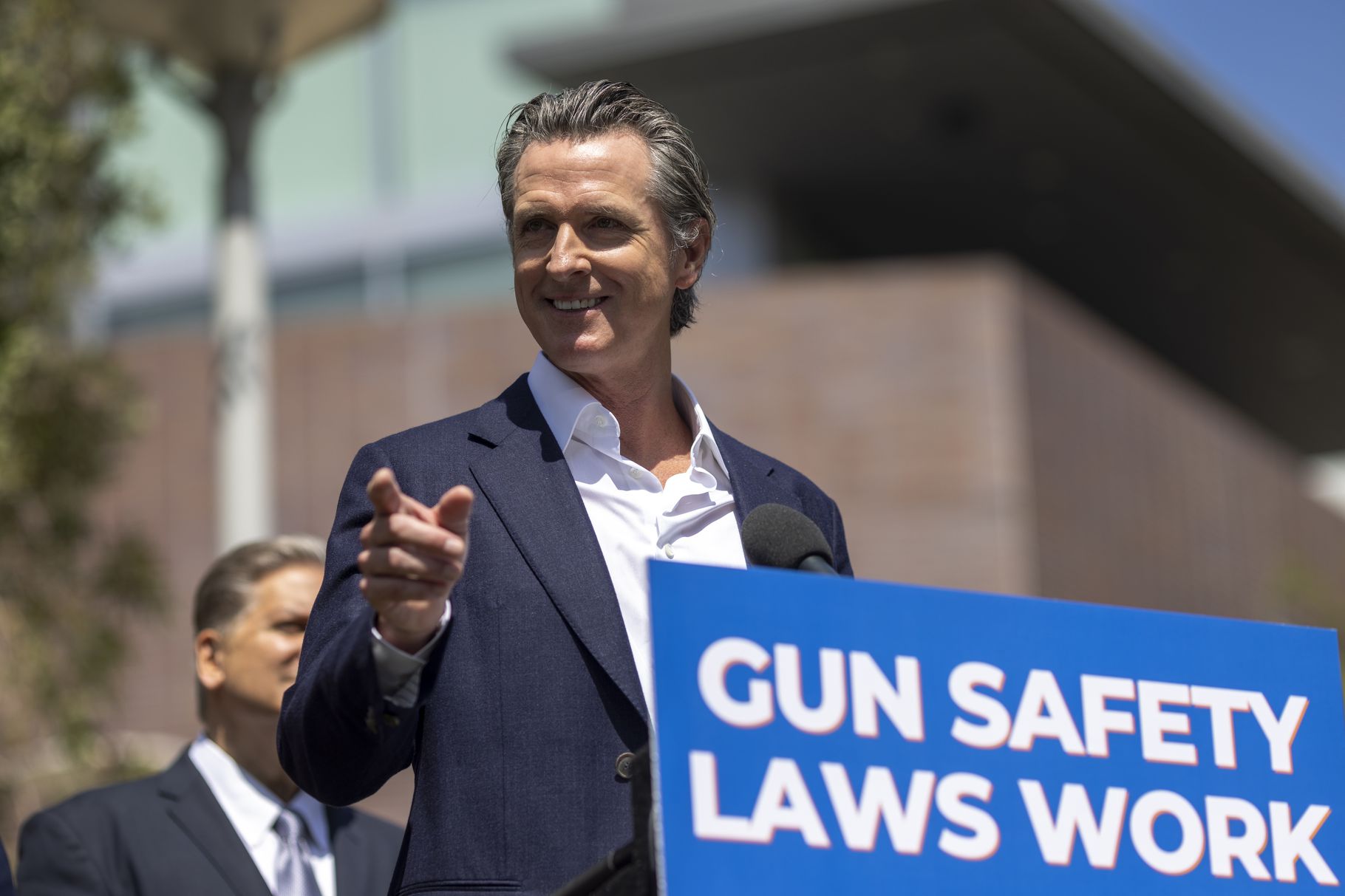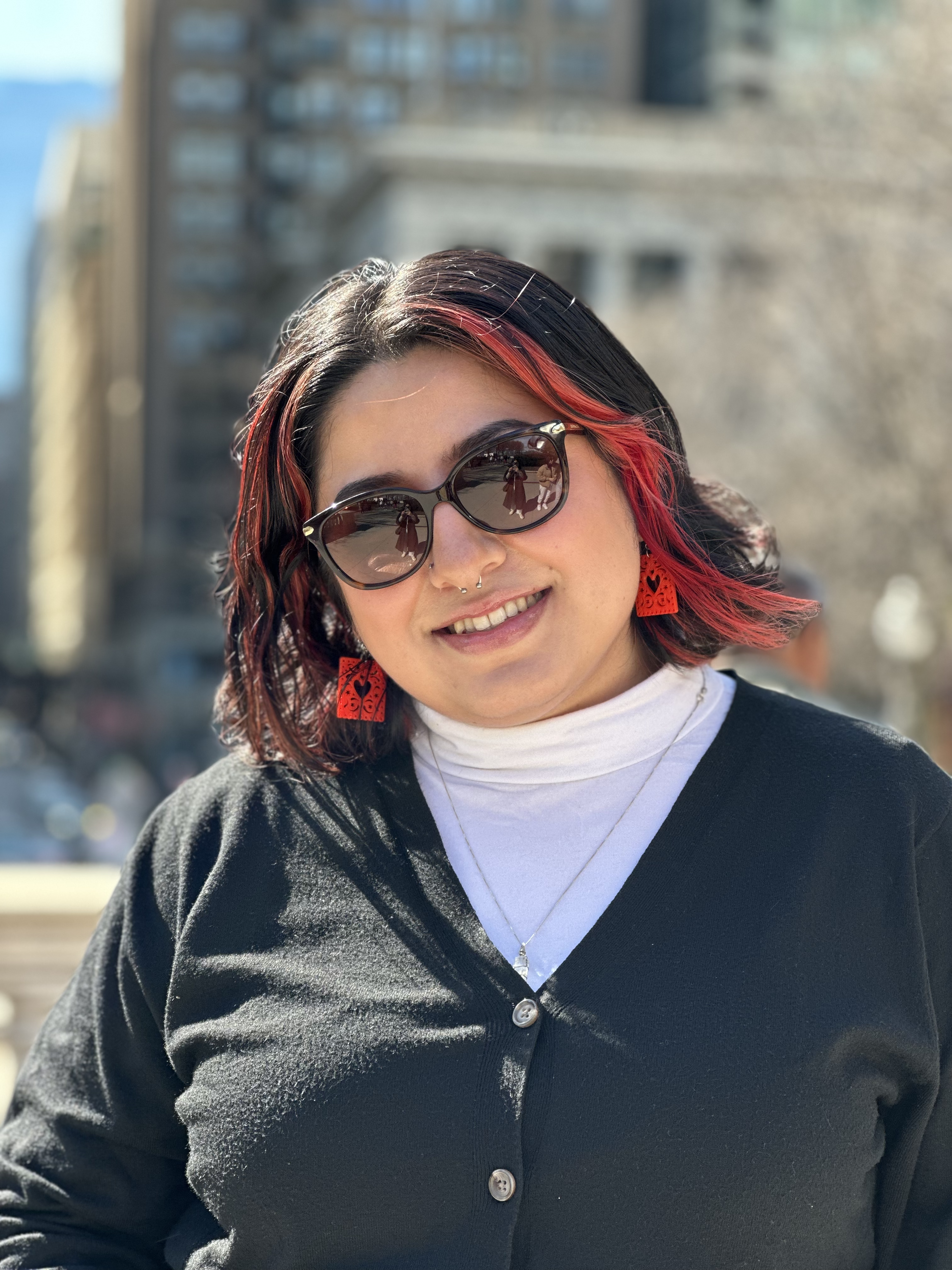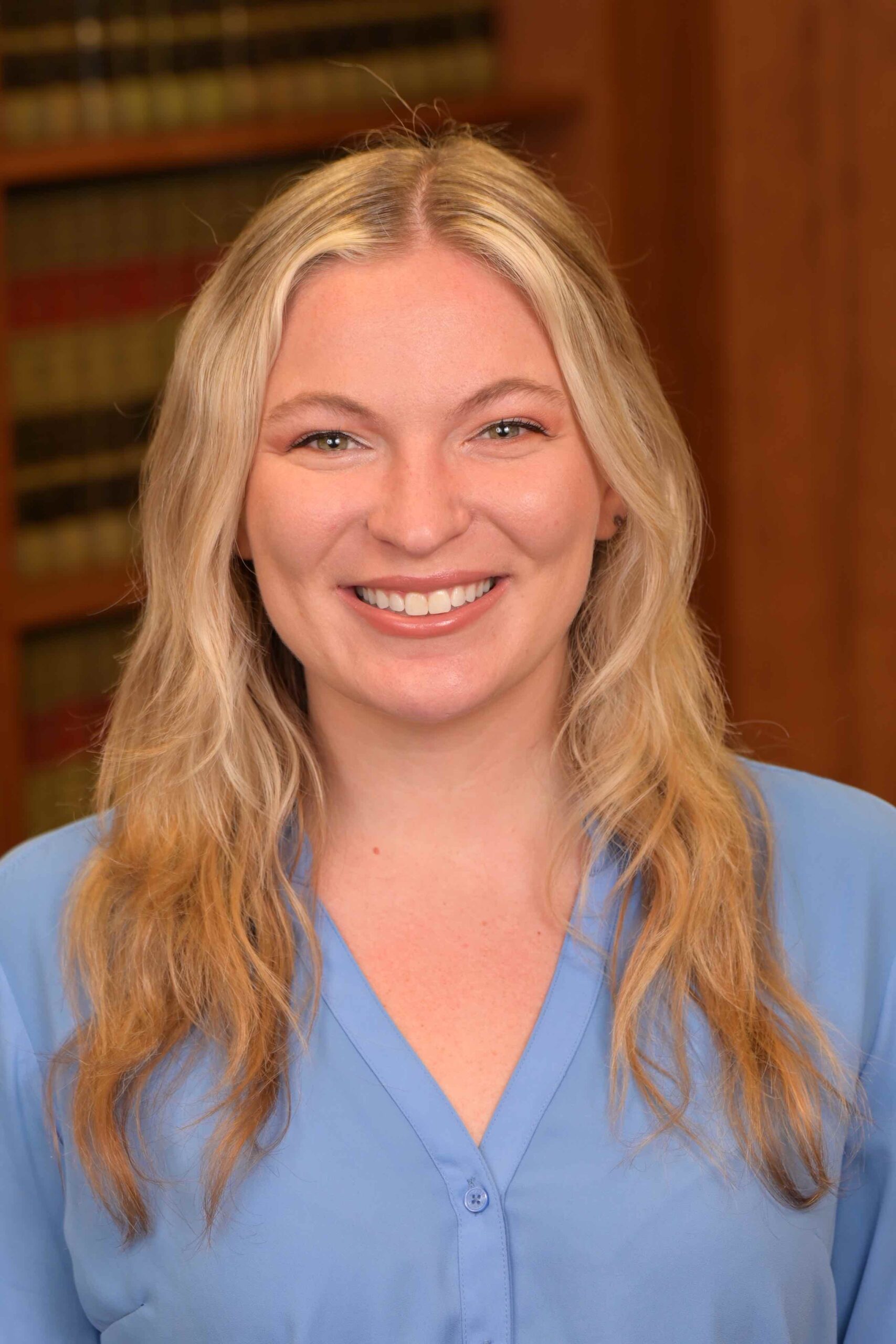California is trolling the Supreme Court
More of This
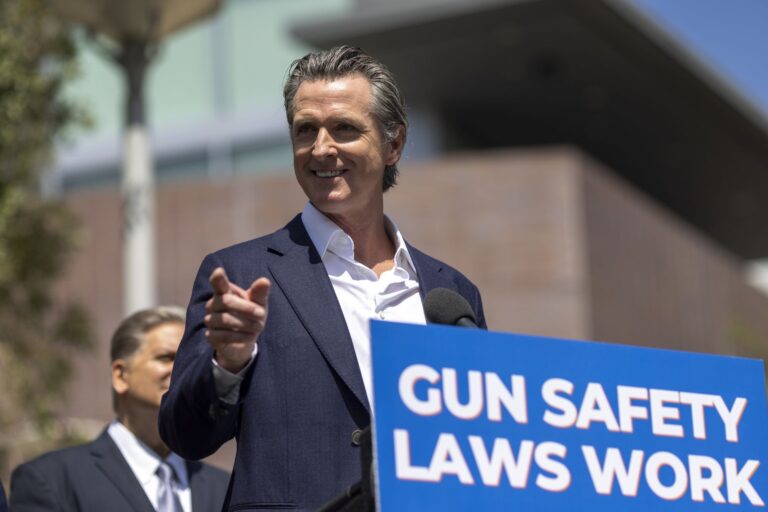
California Gov. Gavin Newsom (D) signed a law on Friday modeled after Texas’s anti-abortion law SB 8 — the Texas law which uses private lawsuits to target abortion providers. But there’s one important difference between the two state laws: California’s new law sends these litigious bounty hunters against gun dealers who sell certain guns, including assault weapons and weapons with no serial number.
It’s a high-stakes gambit that will test whether the Supreme Court actually meant what it said in Whole Woman’s Health v. Jackson (2021), which held that because of SB 8’s unique style of enforcement, it was immune from meaningful judicial review — and thus would take effect despite very strong arguments that the law was unconstitutional at the time.
Shortly after Jackson was decided last December, Newsom announced that he disagrees with the Supreme Court’s conclusion that states can dodge judicial review of unconstitutional laws. But Newsom also said that, if the Court’s Republican-appointed majority would give this power to states, then he would use it to limit access to firearms.
Read the story on Vox
The lawyers who never trusted the Supreme Court
More of This Too
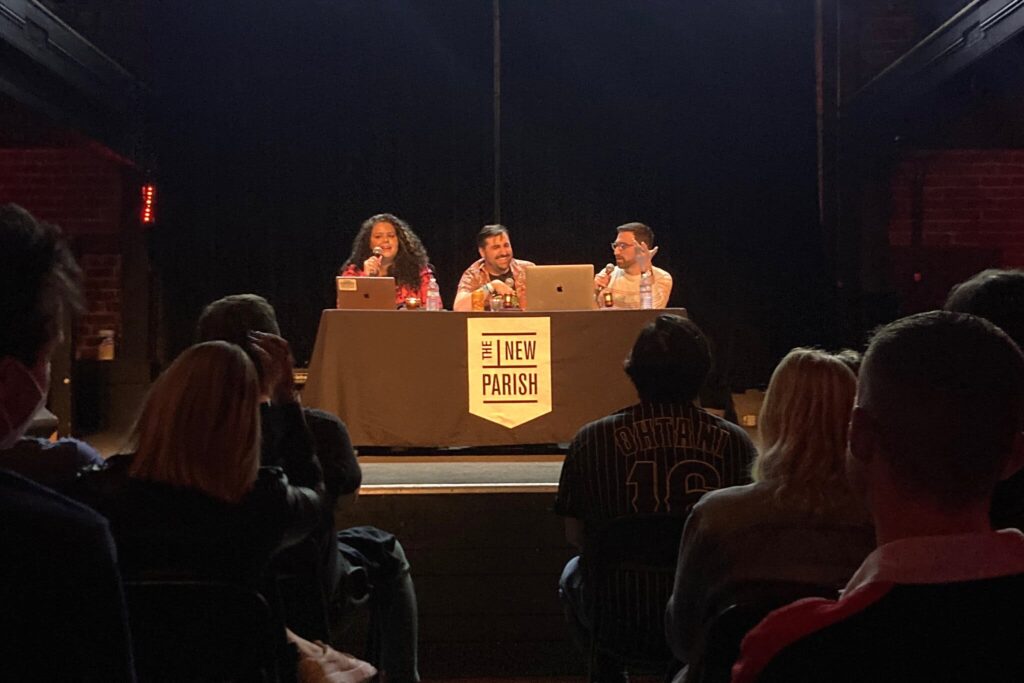
For Rhiannon Hamam, it was a tossup between Bush v. Gore and Castle Rock v. Gonzales.
When it came to what she considered the worst Supreme Court decision of the modern era, Bush epitomized to her the court’s opposition to democracy — reversing a Florida Supreme Court order for a manual recount and effectively deciding the 2000 presidential election. Castle Rock, on the other hand, spoke to its inhumanity, denying a mother whose three children were killed by her husband the right to sue the police who failed to enforce a restraining order against him.
Then, last month, came the decision in Dobbs v. Jackson Women’s Health Organization, barging to the top — or bottom — of her list by overturning Roe v. Wade and revoking the constitutional right to an abortion.
“It was absolutely awful,” Hamam said. “It’s hard to avoid the sense that something has gone very wrong.”
Read the story on NY Times
They are coming for your right to travel
Less of This
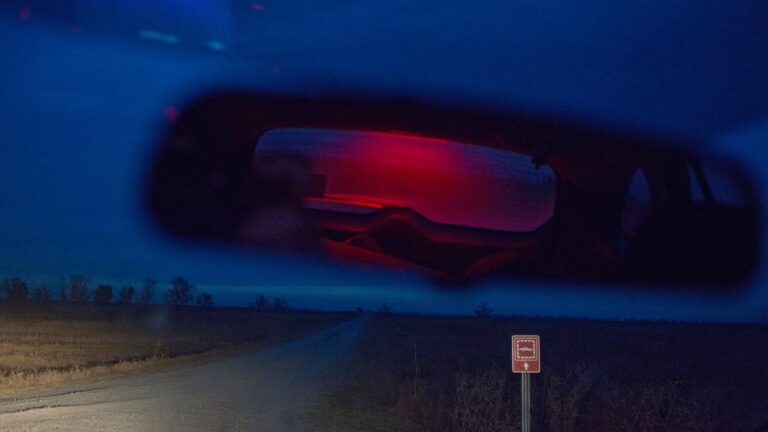
When the Supreme Court overturned Roe v. Wade, it did more than just supercharge the assault on the right to have an abortion. It also opened up a corresponding attack on the right to travel.
That attack is a straightforward consequence of giving states the power to ban abortion. An abortion ban in Ohio, for example, does not actually end abortion. It simply pushes it underground or, for those who have the means, out of state. This, in fact, is what happened with a 10-year-old rape victim, who was recently taken out of state to obtain an abortion after she was impregnated as a result of the assault.
It is important to say that the Supreme Court has recognized a right to travel between states on multiple occasions in cases stretching back to the 19th century.
Read the story on NY Times
Roe reversal threatens religions freedom of Jews and Muslims
Speaking Of...
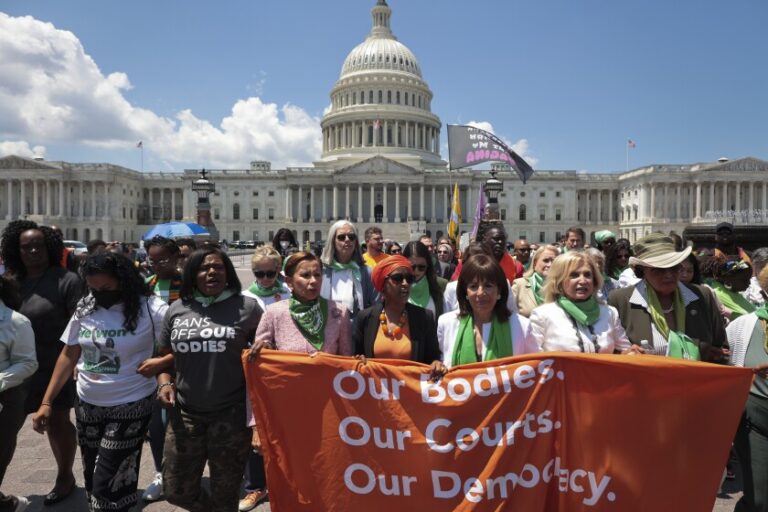
For 25 years Rabbi Barry Silver has served as the spiritual leader of L’Dor Va-Dor, a progressive synagogue in Boynton Beach, Fla. Like most congregational rabbis, he offers a Jewish perspective on major life events, giving weekly sermons, performing weddings, funerals and baby namings, and occasionally counseling congregants wrestling with whether to have an abortion.
Silver tells his congregation that contrary to Roman Catholic and evangelical teachings, which state that life begins at conception, traditional Jewish law, known as Halakha, says life begins at birth: when the baby draws its first breath. Before then, the mother’s physical and emotional well-being is paramount.
In some extreme cases — such as when the mother’s life is at stake — an abortion is not just permitted by Jewish law, but required.
“Right in the beginning of the Torah, Genesis states that God formed the human, Adam, from the dust of the Earth, like you create a work of pottery. Then he breathed the breath of life in him and he lived,” Silver said. “We equate breathing with living.”
For decades, antiabortion Catholic and evangelical Christian perspectives have dominated the religious conversation around abortion. But people of faith hold a variety of views on the issue, rooted in their own traditions, teachings and laws.
Read the Story on LA Times




